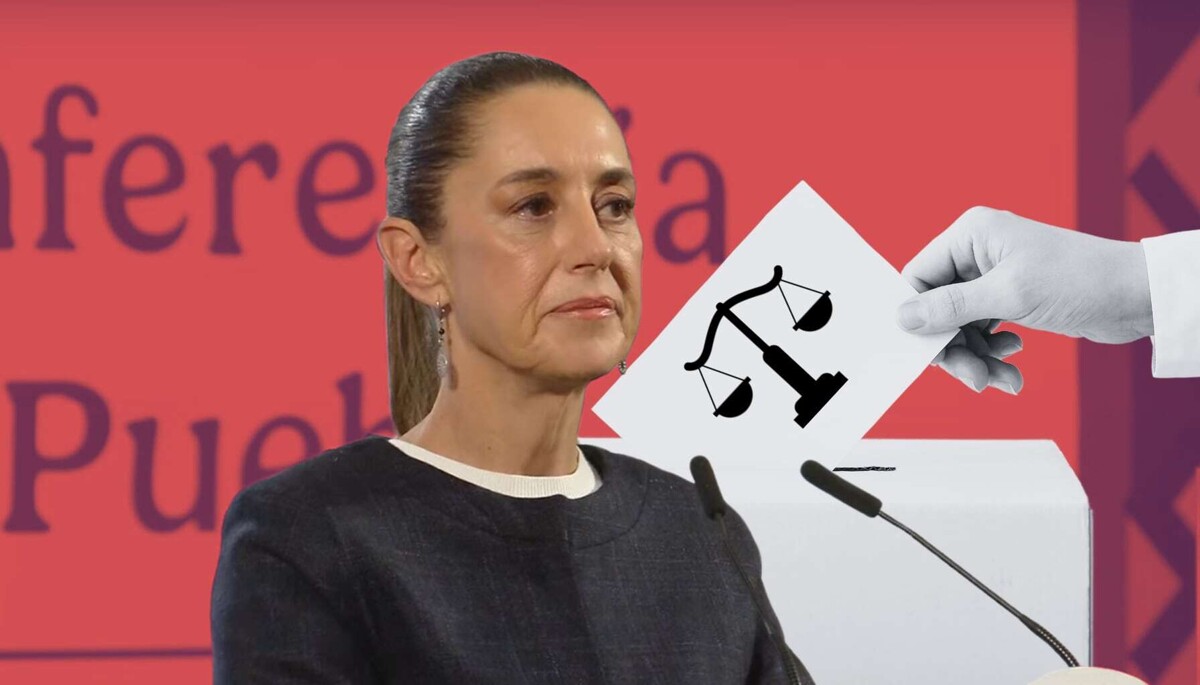
The federal government has defended a measure that it considers an advance in the democratization of the Judicial Power, while critics and opponents have expressed concern about the possible impact on the independence of judges. The SCJN's resolution of February 13 marked a milestone by establishing limits to the suspensions granted by district judges, without invalidating the electoral process. This resolution implies the creation of the Judicial Discipline Tribunal to oversee the actions of judges and magistrates.
During a morning conference at the National Palace, the president of Mexico, Claudia Sheinbaum Pardo, stated that the election of judges, magistrates, and ministers will continue despite the recent SCJN resolution. Sheinbaum emphasized that the reform of the Judicial Power is still in progress and that the court's resolution does not affect the electoral process, as suspensions do not apply in electoral matters.
Sheinbaum highlighted that the decision of the highest court recognizes the electoral nature of the process and that previously granted suspensions will not be valid in this context. She also stressed the historical role that citizenship will play in the election of judges, magistrates, ministers, and the disciplinary body on June 1.
The judicial reform in Mexico was approved in September 2024 with the aim of changing the selection system for judges, magistrates, and ministers of the Federal Judicial Power. This reform proposes that these positions be elected by popular vote instead of the previous mechanism of appointment by the powers of the State.














